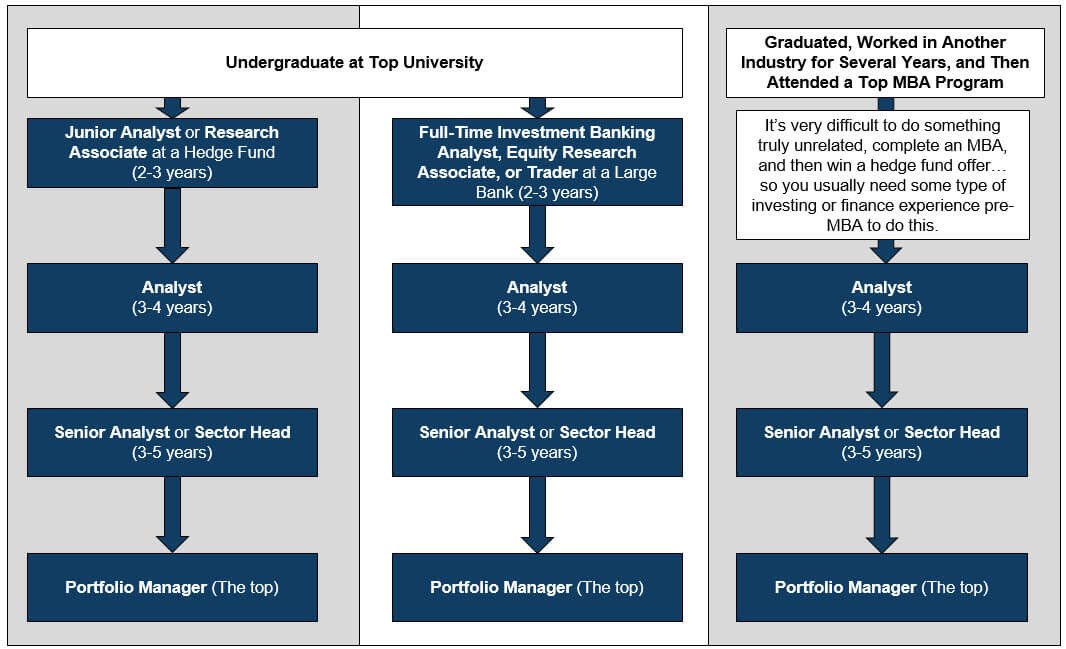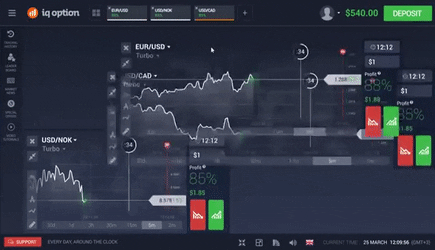The banking and finance management program will not only offer you the opportunity to work in banks, but it will also allow you to apply your knowledge in other sectors such as businesses, companies, or public or private institutions in the administrative and financial areas.
The diploma in banking and finance is linked to preparing professionals with an emphasis on banking, however, the PGP in new-age banking we offer at Imarticus, is designed with a curriculum that is not limited, so it offers the opportunity for training to acquire administrative and financial knowledge which can be perfectly applied to any type of company.
Banking is a professional sector that offers important job opportunities. The first thing to bear in mind is that the training required will depend on the position you are applying for.
If you are wondering how to work in a bank, pay attention to the following requirements.
- You need at least a baccalaureate degree. However, most job offers will ask for a higher level of education. The baccalaureate will open the doors to study a training course or a university degree to begin your path towards the banking sector.
- Taking courses related to finance and accounting in business is a plus. It will give you practical knowledge to help you perform better in your job. In addition, recruiters will consider the additional training on your CV. EFA (European Financial Advisor) and EIP (European Investment Professional) certifications will make it easier for you to find a job. These European-level certifications require a minimum number of training hours per year, so a bank employee always needs continuous training.
- When applying for a vacancy, it is almost essential to have a higher education qualification related to administration and finance in order to apply for a vacancy. Even if you want to get into a customer service position, you need to have a basic knowledge of finance.
- To work in a senior position, for example as a branch manager or financial advisor, you will need to study for a degree at a university or business school. The most popular degrees for working in a bank are Business Administration and Management, Finance and Accounting, Law, Economics or double degrees related to these subjects. If you have not finished your studies, but you want to start your career, you should know that the bank will require you to have passed at least 75% of your degree credits.
- When you finish your university studies, you can complement your training with a specialized master’s degree or a postgraduate degree in the field that interests you in the banking sector.
- English language skills have become a prerequisite for most job offers. If the bank has foreign clients, speaking English can be a great help.
Employment opportunities
With the knowledge to use tools in the administration of banking institutions and financial companies to make decisions in the field of investment analysis and placement of investments, you will be able to work as a professional in banks in general, where you will be able to carry out activities such as:
Promotion and marketing of banking products, bank management, and administration, negotiation of financing alternatives, investment in the market. This variety of activities that the expert graduate will be able to develop is another of the great advantages to taking into account when considering studying this career.
Conclusion
Now that you know how to work in a bank, do you think you meet the requirements? Our Business Management Course will prepare you to work in banking. Visit our website to learn more about our program.



 Instilling the habit of saving up funds for emergencies or for the future while curbing on your ‘wants’ has proven to be a tried and tested strategy for financial management. If you are deciding on buying something expensive, try to think if you would use that product even 3-5 years from that time to check if it is a necessity or a luxury.
Instilling the habit of saving up funds for emergencies or for the future while curbing on your ‘wants’ has proven to be a tried and tested strategy for financial management. If you are deciding on buying something expensive, try to think if you would use that product even 3-5 years from that time to check if it is a necessity or a luxury. You should also have life insurance and other things in place to help your future generations as much as possible. At this point, one should also strive for financial independence. Even when you retire, you should have enough funds to see you comfortably to the end.
You should also have life insurance and other things in place to help your future generations as much as possible. At this point, one should also strive for financial independence. Even when you retire, you should have enough funds to see you comfortably to the end.
 You can opt for a
You can opt for a  It provides dual certification with an
It provides dual certification with an 

 Imarticus guides students on an ideal career path based on their skills and interests. Also, it believes in a feedback loop, reviews their projects regularly, and trains them according to best industry practices. Thus, helping them emerge as successful professionals.
Imarticus guides students on an ideal career path based on their skills and interests. Also, it believes in a feedback loop, reviews their projects regularly, and trains them according to best industry practices. Thus, helping them emerge as successful professionals.